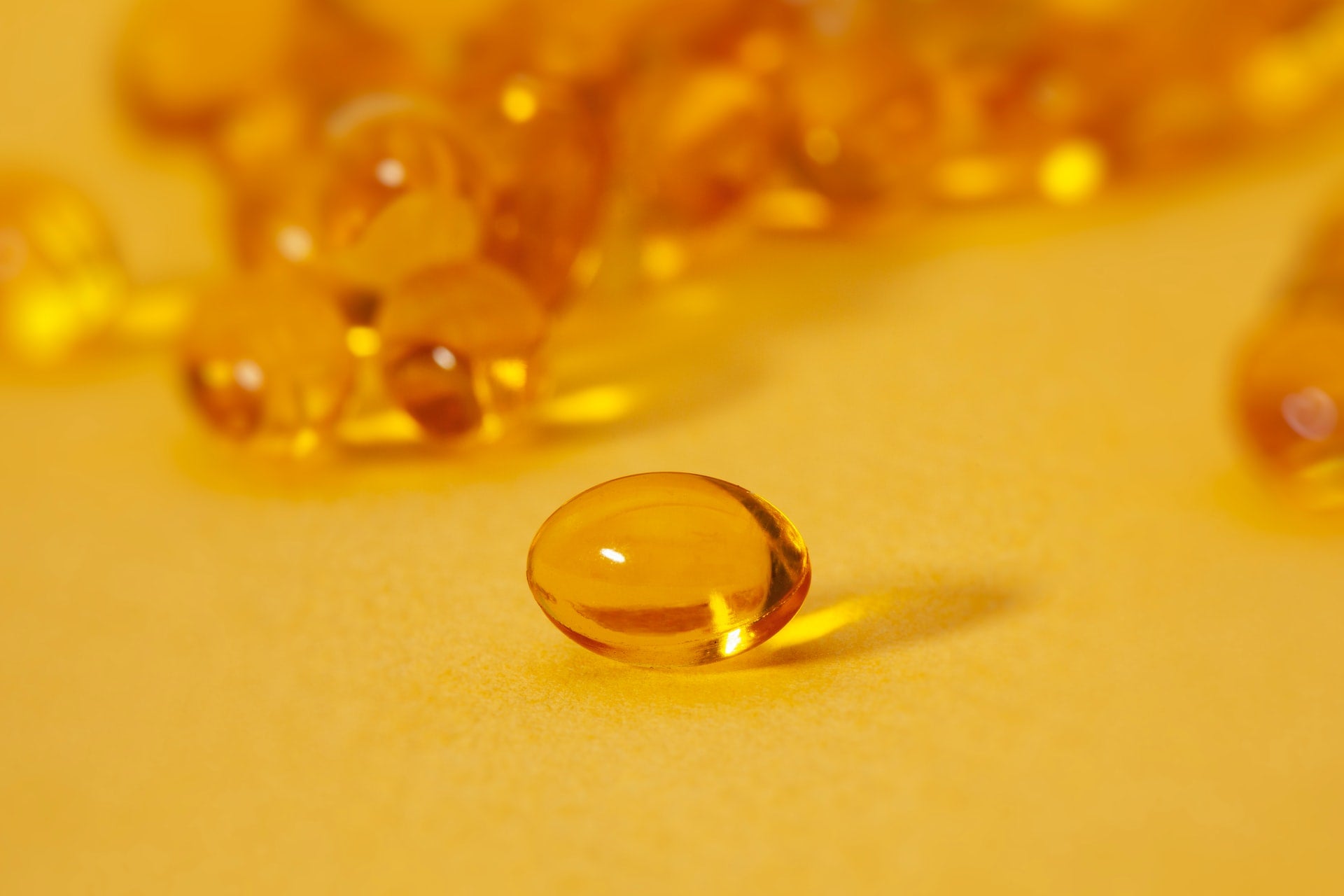Blog
Vitamin pills' role in recovering from cancer
14 January 2013

Dietary supplements are big business, and often people are easily drawn in by marketing claims and anecdotes that vitamin pills may be the answer to all their health concerns.
People with cancer tend to be very keen to find that "special something" to give them an edge in their fight against what is usually a frightening diagnosis. They're also often surrounded by well-meaning family members and friends who suggest different types of supplements to help keep them strong or keep their "energy levels up".
A study of supplement use by cancer patients in the United States found that between 64% and 81% of cancer patients and survivors used a vitamin or mineral supplement. And up to a third of cancer patients starting using supplements after they had been diagnosed. That's a lot of people.
Those facing a battle with cancer deserve to know the full picture of what will and won't help them survive their illness. With this in mind, a story in Fairfax papers about cancer patients and multivitamins deserves close examination.
The newspapers report world-renowned scientist Professor James Watson, who discovered the double helix structure of DNA, suggesting that patients could be undermining their cancer treatment by taking a high dose of antioxidants. The reports are based on an article Watson published in the journal Open Biology, where he suggests that the reason late-stage cancers often become untreatable is because they produce high levels of antioxidants which block chemotherapy and radiotherapy from working.
The rationale for his argument is that antioxidants can be helpful in healthy people because they attack free radicals, which can damage DNA. But because many cancer treatments use free radicals to kill tumour cells, the counter argument may apply for those undergoing cancer treatment - the antioxidant supplements may prevent treatment from fulfilling its purpose.
Diet supplements and cancer
In a 2007 report, the World Research Cancer Fund assessed 39 randomised control trials of micronutrient supplementation in cancer survivors including retinol, beta-carotene, vitamin B6, multivitamins, vitamin E, selenium and isoflavones. It concluded that the evidence "does not show that diet supplements have any benefits in cancer survivors".
What's more, large-scale randomised controlled trials on the efficacy of dietary supplements for reducing the risk of cancer have raised serious safety concerns. Two of the trials (here and here), which involve people given high doses of beta-carotene, found the supplement was associated with a higher risk of lung cancer in smokers, while a third study showed neither benefit nor harm.
Most water-soluble vitamins (such as B vitamins and vitamin C) are thought to be harmless at pharmacological doses, but there are some concerns about the safety of other nutrients such as selenium, beta-carotene, magnesium and chromium, which are known to be toxic at such doses.
A meta-analysis of 47 high-quality trials found there was a slightly increased risk of mortality from antioxidant supplements in the general population. In particular, the analysis concluded that vitamin C and selenium had no significant effect on mortality and required further study but taking beta-carotene, vitamin A, and vitamin E may increase mortality.
The most recent review of multivitamin studies involving 91,000 participants found daily vitamin supplements don't reduce the risk of dying from cancer or other causes of death.
What works
After not smoking, the most important steps people can take to lower their cancer risk are maintaining a healthy weight, being physically active and following a healthy diet. While it appears that people who eat more fruits and vegetables, which are rich sources of antioxidants, may have a lower risk of some types of cancer, the specific components that provide the protective effect are not definitively known.
It's not possible to replicate the nutrient combinations found in food in supplement form, and because of the potential adverse effects high-dose supplementation may have, whole foods are more beneficial than supplements. The World Cancer Research Fund states that dietary supplements are not recommended for cancer prevention and people should aim to meet their nutritional needs through diet alone.
Supplements should only be taken when clinically required. There are some people with cancer who may require dietary supplements due to the side effects of their treatment or other health issues. And diet supplements may be needed by people with cancer who have a biochemically confirmed nutrient deficiency; where dietary intakes have been inadequate; and for problems related to cancer treatment or other health issues that may arise requiring supplementation.
There's no evidence that diet supplements are a panacea for people who have cancer or for anyone who wants to prevent it. The adage that fresh fruit and veg is best still stands. People undergoing cancer treatment should always talk to their doctor about the other medication and supplements they may be taking, and seek the advice of a qualified dietitian regarding their nutrition if needed.
This blog also appears on The Conversation.
Tags
